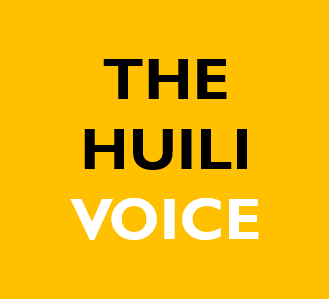
Most parents will formulate an educational plan for their child, but that does not always line up with their child's interests. A fully engaged child will put a lot of energy into whatever they pursue, so it is important to consider the opportunity costs involved, whether it is money or time. We mapped out a path for our two children, but is only a rough sketch, because we also care about their interests and hobbies. Peter is now in grade 5 and his homework already takes much of his weekend. Even if he is busy with schoolwork, we try to set aside some time for him to read books, play with his sister or simply take a break. As parents, we must ensure that our children have a reasonable learning schedule and teach them how to manage their time effectively.
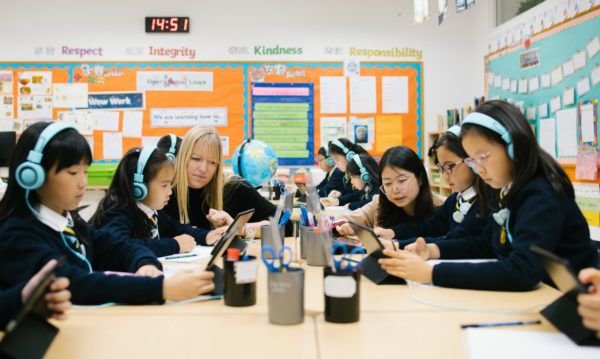
In our family, the highest reward for children is giving them a free day. This teaches them that freedom is gained by being disciplined. We still set guidelines for their free days. For example, finishing homework is mandatory, and we agree in advance on how long they can use electronic devices. We also encourage them to do physical exercise and watch documentaries in their free time. Time management is an important skill for children to develop. The school will guide them in this, but we as parents also need to do our part to support the school. I remember our Master once shared an opinion that left a deep impression on me. She said: “The school is committed to cultivating pupils who have qualities that they will need at the age of 28, 38, 48 and a lifetime beyond the age of 18. This is our goal as educators. ”
Our children will eventually be responsible for their own life decisions. Therefore, respecting their decisions helps them learn to take responsibility for their actions and carefully consider their choices. This is the definition of respect. Hiba encourages pupils to think independently. We see it in Peter and Alice whenever they formulate their own opinions on family matters. They are now noticeably more articulate when doing so. Their Hiba education has had a lot to do with this.
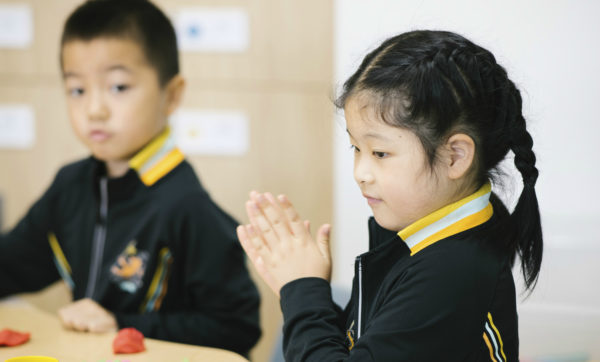
Pupils will choose specific IGCSE and IBDP subjects that they want to study in High School. These choices will shape the path they will follow later in life. We want our children to be able to make these important decisions for themselves. Our society is constantly changing. Parents’ decisions are not always correct. We are not perfect. We do not know everything. Despite the wisdom we have gained from having lived longer, we cannot predict the future. As parents, we encourage our children to pursue what they are talented at. We will support their decisions, maintain a dialogue with them and help them solve any problems they encounter along the way. We put our whole hearts into their growth. It is a process that parents and children go through together.
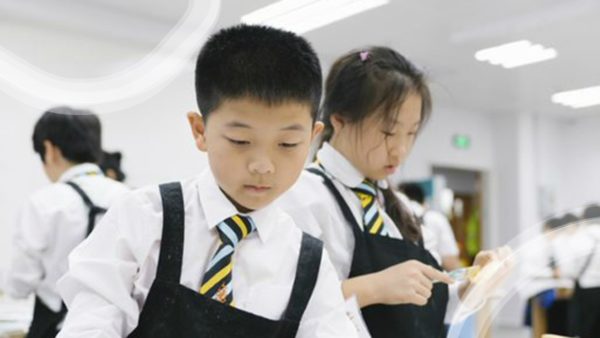
Pupils at Hiba School begin to accept bicultural education in the lower grades. They can adapt to the multicultural environment quickly in current globalised society because they know how to appreciate other cultures. In a bicultural learning setting, they are also cultivated to study and think independently. These qualities are a must for them when they thrive with the development of the society and technology.
The turbulent international situation and the global pandemic has made us think a lot. But the education that we expect our children to receive has not changed at all. Now, more than ever, we want our children to have an international outlook. China has learned a lot from Western science and technology, and it has served us well in many regards. We may currently be experiencing some political turbulence with Western countries, but that does not mean we should stop learning from them.
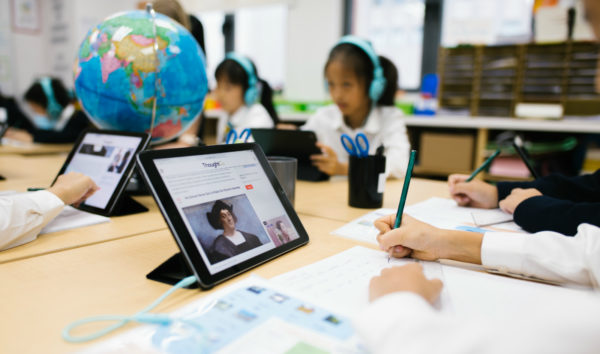
There was a time when the Western world was developing at a greater pace than China. We learned a lot from them and, in the process, became mystified by them. Nowadays, China is making remarkable progress economically and socially, It is necessary to become demystified and to begin viewing the world from a new viewpoint. As China’s influence on the world increases, how it deals with changing geopolitical relationships is a good model for ordinary people. Whether children study abroad or learn how to deal with their own social relations, international diplomacy can set a powerful example.
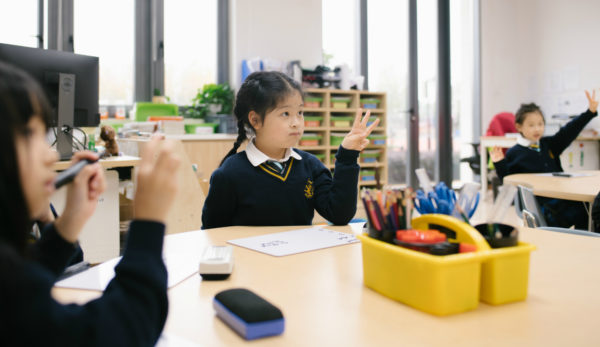
History is full of turbulent moments. It is much like the stock market with its regular ups and downs. But we do not make our decisions based on these brief ups and downs. Rather, we pay attention to longer-term trends and act accordingly. Enrolling at foreign university is a result of choosing Hiba rather than our intention. We want our children to become independent learners who use their knowledge as a basis for social change. We believe Hiba's educational philosophy and curriculum will empower them to do just that.
Social attributes that children will have in the future such as speciality, career and interest are all results of their continuous learning. Parents choosing Hiba focus not only on these, but more on the essence of education which enables their child to navigate through the uncertain world. If we only emphasise children’s academic achievements, we may not get what we want to achieve eventually. Instead, paying attention to the essence of education will bring fruitful results including satisfactory academic grades. Academic achievements and good grades are no doubt important, but education has a higher calling too. The ultimate goal of education is to make lifelong learners out of pupils and endow them with the values, courage and resilience to thrive in a constantly changing world. Indeed, Chinese and Western educational paradigms share this common goal, and a bilingual education at Hiba is living proof. We would like to express to all Hiba parents our sincerest gratitude for your trust and constant support.
